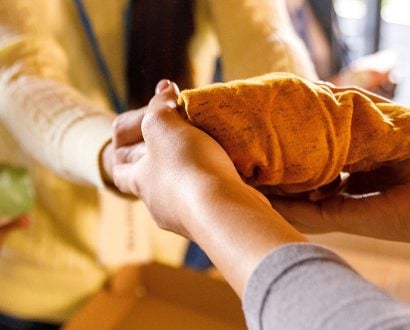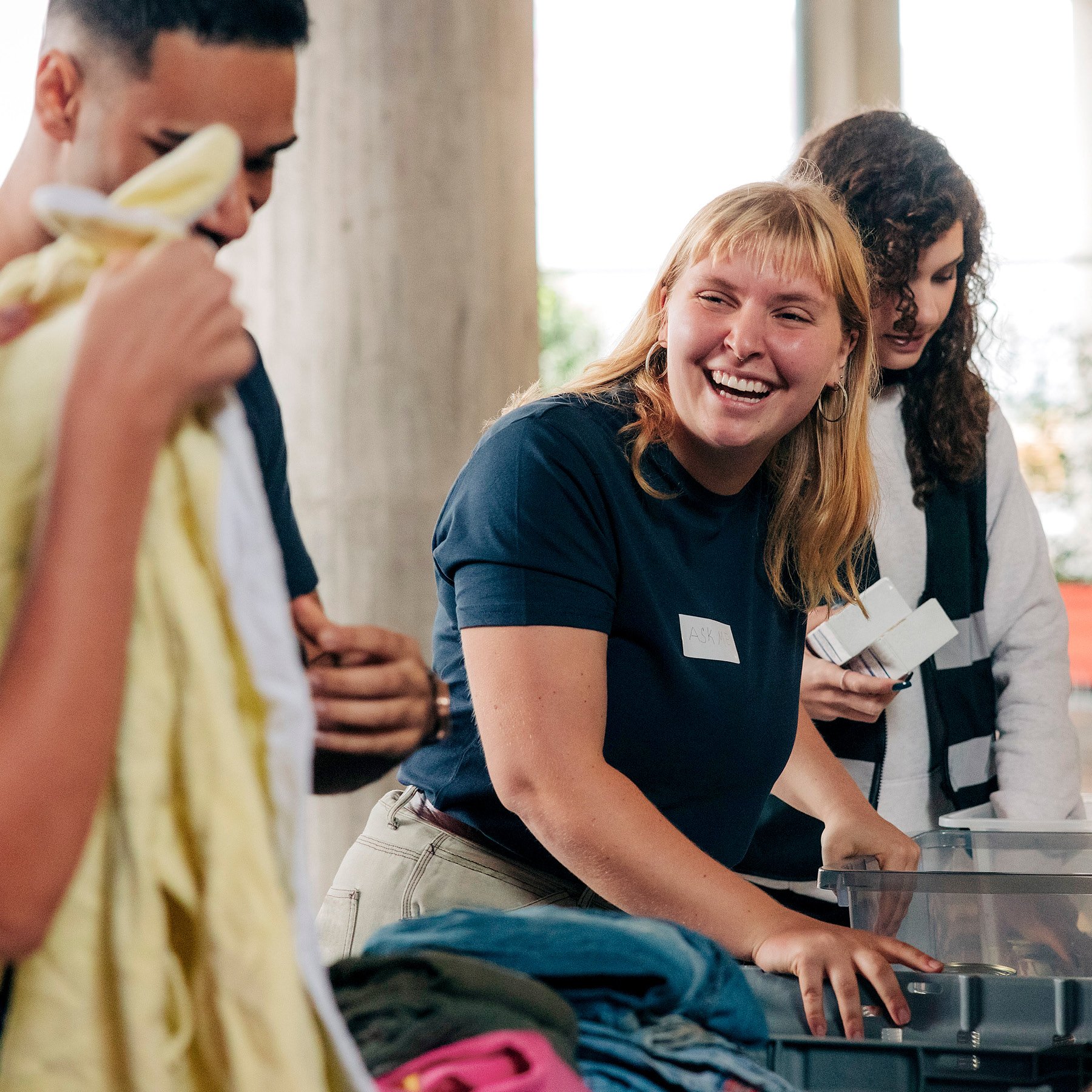How to keep your non-profit organization thriving in volatile times

The not-for-profit sector is facing a time of both substantial growth in demand and growth in expenses, as the cost-of-living crisis increasingly forces everyday people to seek external support. In fact, last year, Friends with Dignity saw a 45 percent increase in support service inquiries – mirrored by a 46 percent growth in provisional service expenses.
While such steady growth is great to see, it does also present a unique challenge for not-for-profits, which must sustain growth while operating without excess revenue.

From the very beginning, a big focus of mine was to retain resources through creating a great culture for volunteers and staff.
As the self-funded Founder of Friends with Dignity, a domestic violence charity focused on supporting victim-survivors in navigating provisional financial and tangible resources and programs, I’ve witnessed firsthand the incredible strain that increased expenses put on the sector’s ability to help those in need.
I faced multiple challenges trying to establish a charity from the ground up, including meeting increasing demand and maintaining sustainable growth. All this while I was working full-time as a nurse during the organization’s initial inception and having to navigate the complex not-for-profit requirements that ensure good governance.
Recruitment, volunteers and staff retention
From the very beginning, a big focus of mine was to retain resources through creating a great culture for volunteers and staff. I researched and read a lot about how to manage volunteers and gathered insight from local volunteer groups and networks to generate strong and effective policies and procedures.
Hiring full-time and part-time employees who shared our organization’s values was one of the most successful and rewarding decisions to ensure consistency, sustainability and to provide a great service to our beneficiaries. When employees share our core values, they are more likely to be motivated by our goals, leading to increased collaboration and effectiveness in serving the community. This alignment creates a positive work environment where everyone is driven by a shared purpose.
However, securing funding for recruitment is certainly always a challenge.
When employees share our core values, they are more likely to be motivated by our goals, leading to increased collaboration and effectiveness in serving the community.
To combat this, we are passionate about volunteer development and often identify key volunteers who have the drive and motivation to lead the mission within their local area. We give them more responsibility to manage the operations of the charity, giving them a new feeling of purpose and belonging, which in turn helps us to expand into other areas.
It’s also important to be agile and adapt to the ever-changing needs of the organization and those accessing its services. In the initial stages you’re forced to become a specialist in everything; for example, I juggled social media and website management alongside my other responsibilities before I was able to hire external support from marketing agencies and IT professionals. These areas aren’t my strong point, but the commitment and the need to help others far outweighed my fear of getting this wrong.
Additionally, being confident enough to make changes was pivotal to our growth. The transition from hard copy to fully digital format was a key moment in our journey; it improved confidentiality and safeguarded our IP address, two factors that are extremely important when working with vulnerable people.
Leadership and development
To ensure I held myself accountable and felt supported when growing Friends with Dignity, I engaged in a good mentoring program where I was able to expand my knowledge and talk through any obstacles. Alongside this, something that really benefited our development was attending various conferences and workshops to meet and listen to experts in the sector.
To keep us on track, we hold monthly leadership team meetings to review our strategic approach and discuss changes to our budget. I also collaborate closely with services and charities in the local area to share resources and insights to improve outcomes for those impacted.
Raising funds
I believe that fundraising is the toughest aspect of running a not-for-profit, especially since the sector is so competitive and smaller charities often get overlooked. To make matters more difficult, expenses in the not-for-profit sector in Australia (4.2 percent) are outpacing the rate of inflation (3.8 percent), and not-for-profits face the unique challenge of driving growth while operating without excess revenue.
Relying on ongoing monetary donations to sustain operation is scary; without them we wouldn’t be able to fund our everyday expenses like storage and fuel or implement our programs effectively or sustainably, never mind expand and grow.
What I have learned and embraced throughout this process is the value of connection.
Corporate partnerships are a great way to not only increase funding for your not-for-profit but also to build relationships with local businesses. It’s something we rely on a lot at Friends with Dignity, to cover everything from furniture donations to larger monetary expenses.
What I have learned and embraced throughout this process is the value of connection. When people connect with you and understand who you are as a person, they are more likely to invest with you.
Overall, my biggest piece of advice to all fellow not-for-profit founders is to always seek help and be willing to take in the knowledge of other experts in the sector. I am so fortunate that over the years my network has expanded such that I can reach out to people who are always willing to support and help with their expertise.